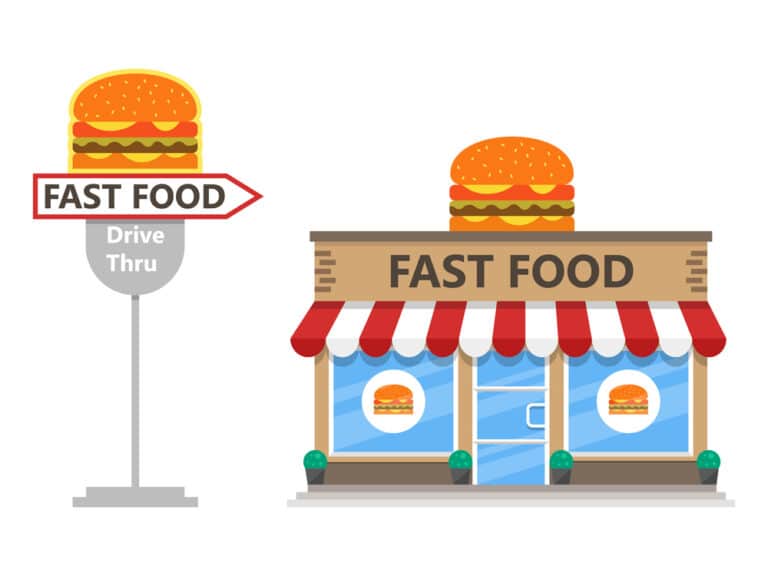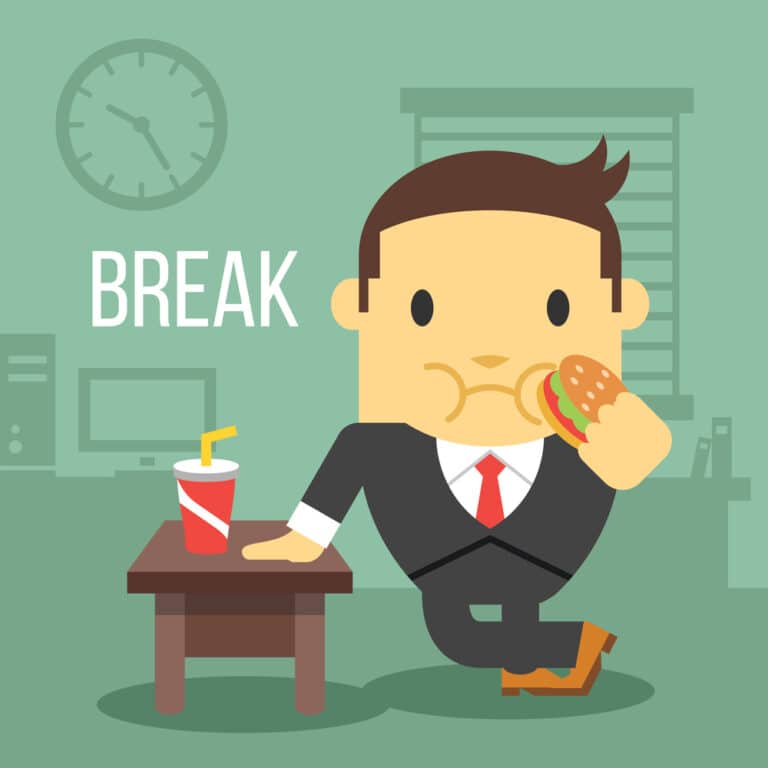You were served with summons, and failed to act – now what? You may hear people throw around the terms “default” or “default judgment,” and think nothing of it. But the reality is that there are big differences between being “in default,” “entry of default,” and “default judgment,” each of which carry their own important consequences.
Technically, a defendant is in default as soon as they fail to file a responsive pleading, such as an answer or demurrer, within the time permitted by statute. However, being in default can be easily remedied. A defendant can still file a responsive pleading, even if late (as long as an entry of default has not been taken) and the court clerk cannot refuse to accept it for filing simply for its tardiness. The plaintiff can, however, file a motion to strike an untimely response, and if granted, a default could then be entered.
The court clerk’s entry of default has major consequences – it cuts off your ability to appear in the action, meaning the loss of the right to participate in court proceedings until and unless the default is set aside or a default judgment is entered. Most consequential is the fact that by defaulting, the defendant is considered to admit the material allegations in the complaint. Although the plaintiff must formally request the court clerk to enter the default, the court clerk has no discretion to refuse a proper request for entry of default.
A plaintiff can then seek a default judgment after entry of default. A default judgment is considered a judgment on the merits. There are strict time limits on when a plaintiff can seek default judgment, and in most situations, this requires judicial action following the presentation of evidence to support the judgment. It is important to act prior to default judgment to avoid the time and cost of later setting aside the default judgment.
When served with summons, timing is of the essence. Do not ignore the receipt of legal documents which can increase costs, attorneys fees as well as your risk in the action. The Attorneys at Chauvel & Glatt are ready to advise you how to timing respond and avoid all stages of default.
The material in this article, provided by Chauvel & Glatt, is designed to provide informative and current information as of the date of the post. It should not be considered, nor is it intended to constitute, legal advice or promise similar outcomes. For information on your particular circumstances, please contact Chauvel & Glatt at 650-573-9500.






